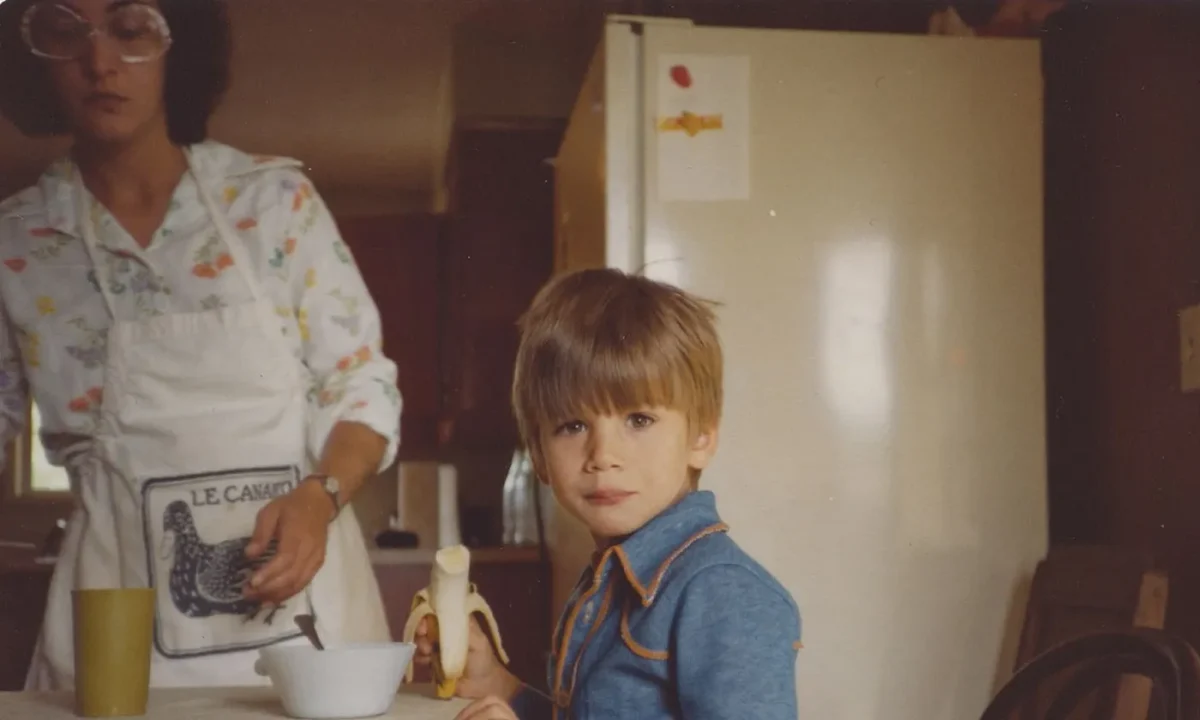Given their respective histories as musical symbiotes, rock ‘n’ roll legend Elvis Costello and neo-soul founding father Ahmir “Questlove” Thompson are more of a match made in heaven than an odd couple. As Costello points out in an interview with Ben Greenman, he and the Thompson-led Roots are the product of a similar musical mindset. “This is a band that does what I’ve done from the start: they draw off everything, all types of music,” said Costello.
Both occupy blurry niches and are prone to collaboration: Costello’s elastic rock ‘n’ roll has mingled with the classical strings of the Brodsky Quartet, and The Roots’ soul-inspired hip-hop groove has fused with the rhythm and blues of John Legend.
Lore surrounding Wise Up Ghost suggests that The Roots utilized their platform as the house band on Late Night with Jimmy Fallon to speed date with a variety of musical acts, Costello included. The cautious courtship blossomed into a full-fledged project after Castello’s handful of Late Night appearances, with the collaboration ultimately consummated and conceived within the cramped confines of The Roots’ Late Night dressing room.
As clean as the concoction appeared on paper, the cohabitation of Costello and The Roots ran the risk of creating volatile Franken-music. It doesn’t stumble out of the dressing room, however, with the feel of a strained attempt at synthesis. Rather, it seamlessly emerges with a certain surgical precision that suggests an established musical tradition. Even the Brent Fischer Orchestra manages to compliment the complex sound without clutter, appearing on five of the album’s tracks. The congruent result follows the 59-year-old Costello’s long established formula, which he again offers to Greenman, “Bringing different kinds of music into the same space has never been alien to me. That’s how rock ‘n’ roll came about.”
The group’s mastery of the sonic aesthetic clears a path for Costello’s brooding cerebral poetry. Probing the soundscape, he wrestles with inescapable political disillusionment. On the album’s rousing opening track, Walk Us Uptown, he morphs into a passive aggressive sheep being led to slaughter, all the while prodding the powers that be:
“Will you walk us uptown?
And wherever you go, you know we will follow…
And we’ll stand in the light of your new killing ground and we won’t make a sound
Except to sing our sorrow…”
Wise Up Ghost’s political pathos persuades a reading of the album as the hungover sequel to the revival of optimistic protest anthems on Wake Up!, The Roots’ 2010 collaboration with John Legend. Whereas Legend croons “Wake up everybody / no more sleepin’ in bed / no more backward thinkin’ / time for thinkin’ ahead,” Costello revises his tone, lamenting “Wake me up, with a slap or a kiss / …wake me up, there must be something better than this.”
This bitter attitude adjustment reflects the deflated elation of a nation inspired and then broken by unfulfilled campaign promises. The palpable change in America’s psyche surrounding Barack Obama’s historical “Hope and Change” campaign motivated Wake Up!, while Wise Up Ghost arrives as cynicism climaxes and evokes Pete Townshend’s proverb, “Meet the new boss, same as the old boss.”
Costello directly communicates with the lyrics of his past projects, reworking the timeless Katrina anthem The River in Reverse to express increasing helplessness in Sugar Won’t Work. On the concluding track, If I Could Believe, Costello succumbs to his dystopic worldview of history, all the while preventing the darkened tonality of his lyricism from hijacking the musical atmosphere:
“If I could believe that two and two is five…
Then I know I might sleep all through the night,
But how many times must I wake in fright
Nagging doubts still tugging on my sleeve.”
Wise Up Ghost perseveres despite its frustration with the hopeless and the changeless. Encouragement is offered in the album artwork, which tallies the album as Number One, a sly intimation that a future project looms on the horizon. Another such collaboration would be welcomed, assuming it takes a page from its predecessor and actualizes the musical aspirations expressed by Thompson in his memoir Mo’ Meta Blues:
“That’s the old Roots adage, to make sure that every album works on three levels: as a personal statement, as a statement about [music] and as a statement about the world.”




![Two-time Pulitzer Prize winning novelist Colson Whitehead discusses his novels and writing process at a Craft Talk discussion with English and creative writing assistant professor Ron Austin in Saint Louis University’s Wool Ballroom on April 10, 2025. Whitehead received the 2025 St. Louis Literary Award on April 9. “I always take [awards] as an encouragement to keep doing what I’m doing,” Whitehead said.](https://unewsonline.com/wp-content/uploads/2025/04/4_10ColsonWhitehead_JudeThomas0282-3-1200x800.jpg)


